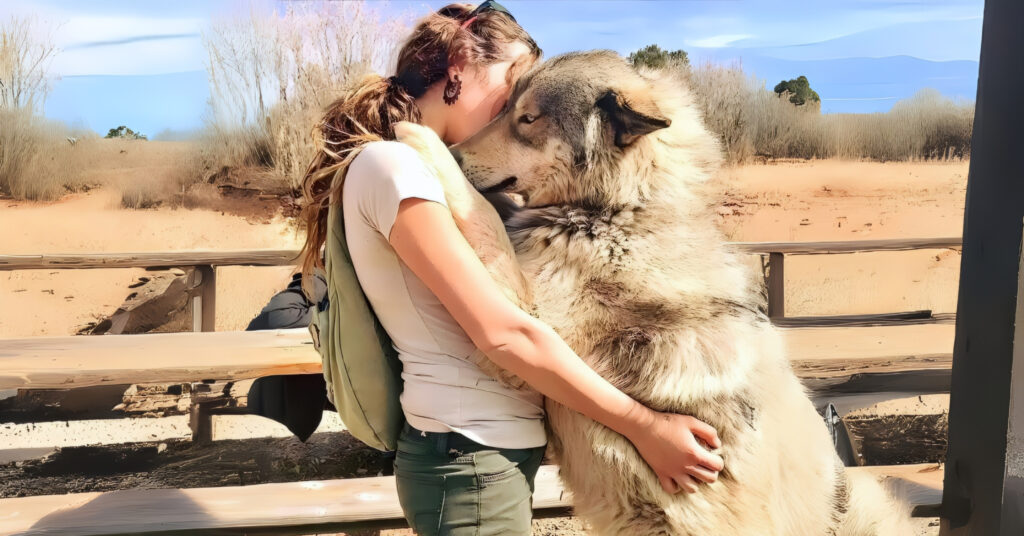
Wolves have long been seen as mysterious, intelligent, and fiercely independent creatures. Over the years, a curious phenomenon has emerged from studies and anecdotal reports: wolves appear to exhibit different behaviors toward men and women. In many cases, they are more wary of men and more tolerant, even affectionate, toward women. This intriguing behavioral trend raises questions about the roots of this apparent bias.
The Historical Fear of Man
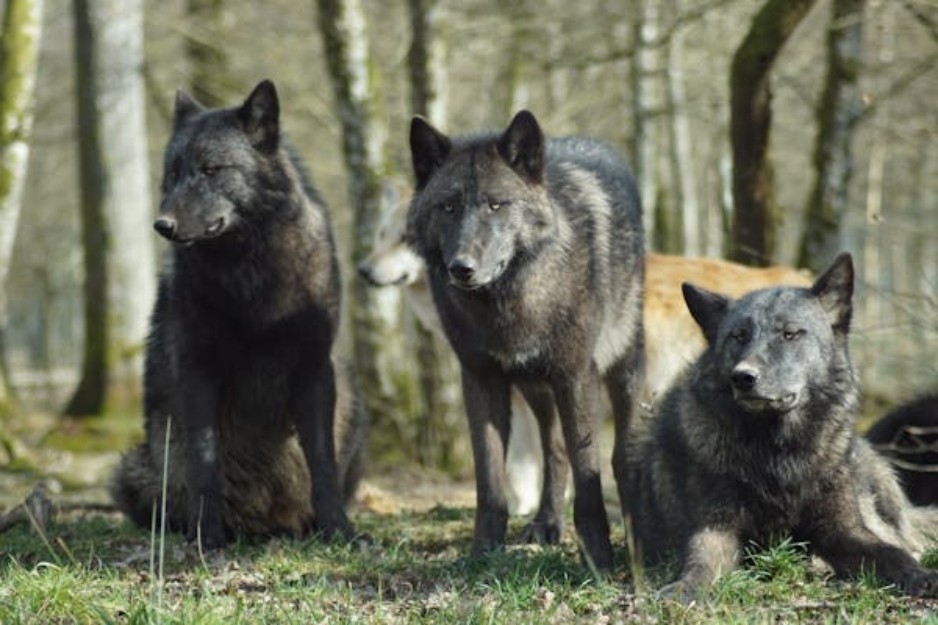
Wolves and humans have a fraught history. For centuries, wolves were hunted by men for their fur, to protect livestock, or simply out of fear. Men were historically the primary hunters, which may have conditioned wolves to see them as threats. According to a study published by the Ecological Society of America, over 70% of wolf fatalities from human encounters were caused by male hunters.
This long-standing conflict has created a deep wariness in wolves when encountering men. Wolves have sharp memories and a strong instinct for self-preservation, which could explain their instinctive caution around male figures.
A Kinder Reception for Women
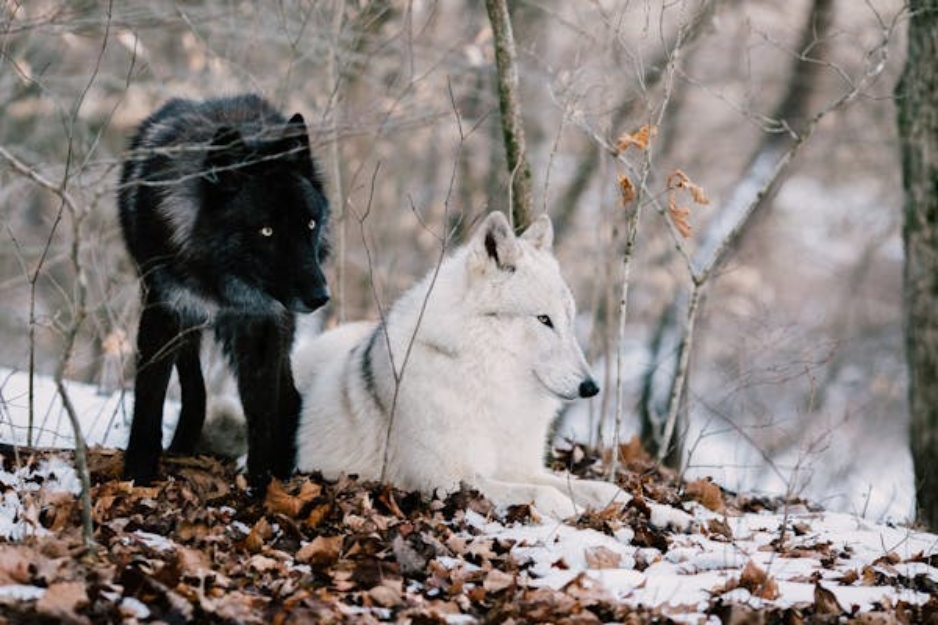
In contrast, women have generally played less aggressive roles in the historical relationship with wolves. Modern studies suggest wolves are more likely to approach women, even in controlled environments. In Yellowstone National Park, researchers observed that wolves displayed less aggressive or defensive behavior when female park rangers were present compared to their male counterparts.
“Wolves seem to sense a less threatening presence in women,” noted Dr. Emily Harrington, a wildlife biologist. “Their body language changes—tails wagging slightly, ears more relaxed. It’s a fascinating dynamic.”
Hormonal Factors at Play
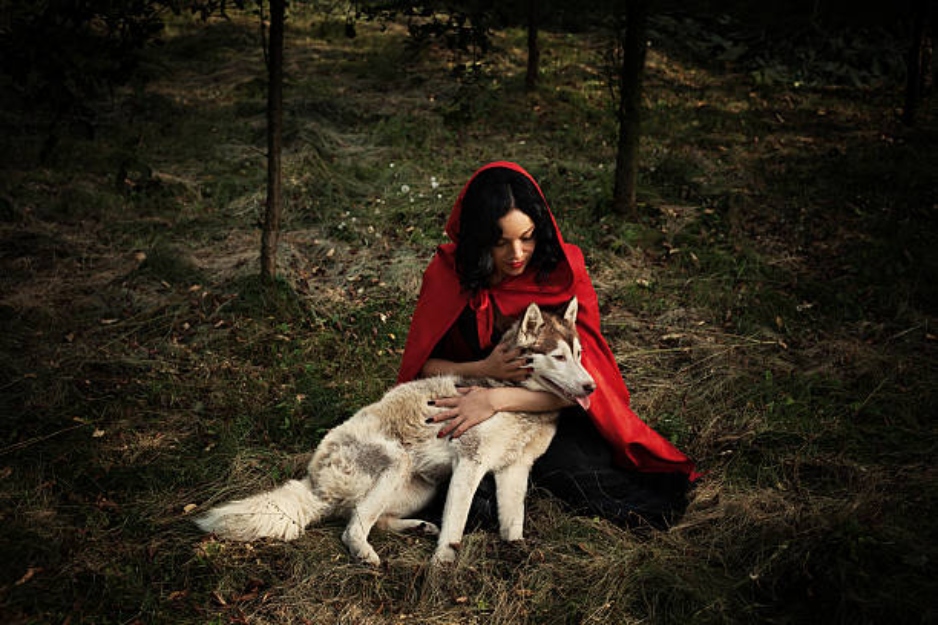
One hypothesis for this difference lies in hormonal chemistry. Men produce higher levels of testosterone, which can heighten perceived aggression. Wolves, with their keen sense of smell, may detect this and respond defensively. Women, who generally have lower testosterone levels, may be perceived as less of a threat.
A 2020 study by the University of Vienna found that wolves approached women 25% more frequently than men during controlled socialization exercises. The researchers noted that female participants exhibited more nurturing behaviors, which wolves might interpret as non-threatening.
Case Studies in the Wild

The story of Danielle, a wildlife photographer in Canada, highlights this phenomenon. While tracking a wolf pack, Danielle noticed the wolves remained in close proximity, observing her with curiosity rather than fear. Her male colleague, however, couldn’t get within 100 meters without the wolves retreating.
“I felt like they trusted me in a way they didn’t trust him,” Danielle said. “It was as if they could sense I wasn’t there to harm them.”
Cultural Connections
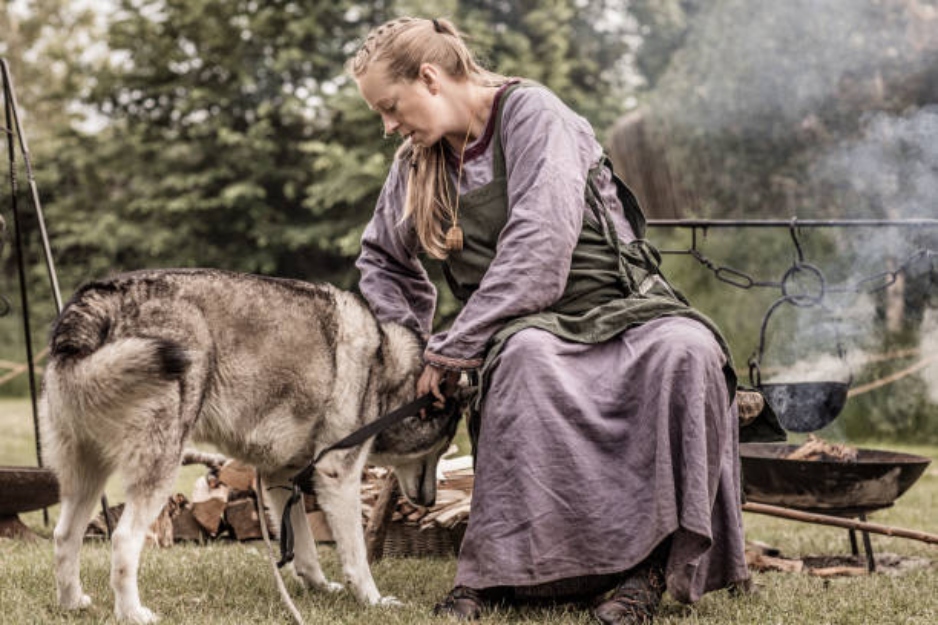
This phenomenon isn’t confined to modern science. Indigenous cultures, such as the Native American Lakota tribe, have long observed wolves’ affinity for women. Stories and legends often depict women as protectors or even companions to wolves, emphasizing a spiritual bond.
These tales resonate with real-life observations, reinforcing the idea that wolves recognize and respond differently to human genders.
Social and Cultural Factors

It’s worth noting that men’s higher likelihood of encountering wolves may stem from their greater participation in outdoor activities like hunting, camping, or forestry work. These pursuits naturally increase the probability of risky encounters. Women, historically less represented in such fields, may have fewer opportunities to cross paths with wolves under potentially threatening circumstances.
A Different Approach to Communication
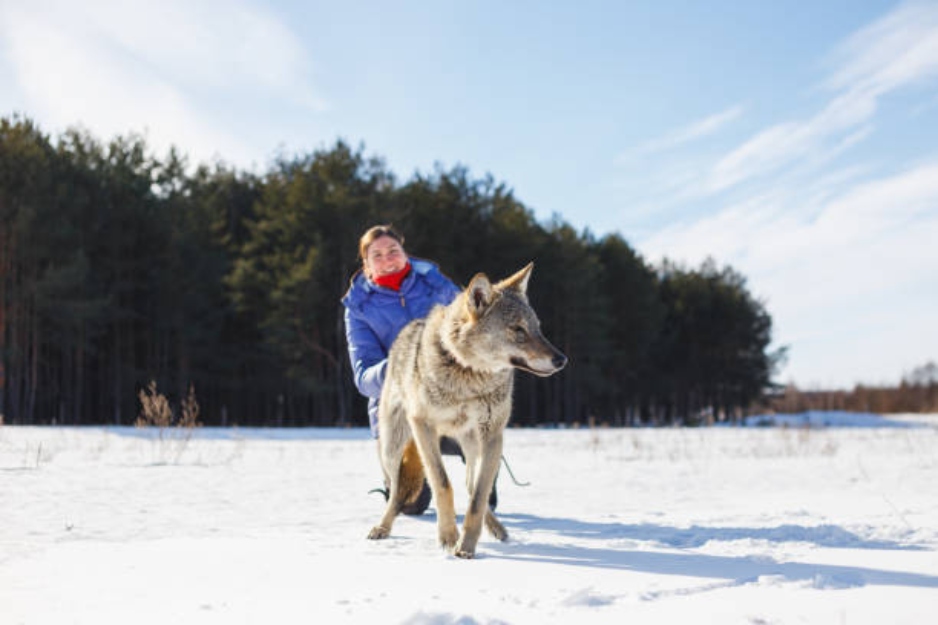
Another possible explanation for the wolves’ differing behavior is the way men and women communicate. Women are more likely to use softer tones and less abrupt movements, which can be less intimidating to animals. Wolves rely heavily on body language and vocal cues to interpret intentions, making softer approaches more appealing to them.
This dynamic was tested in a study by the Smithsonian Conservation Biology Institute, which found that wolves were more likely to engage in play behaviors when female researchers used high-pitched, soothing vocalizations.
A Statistical Perspective

Globally, wolf attacks on humans remain rare, but statistics reveal some intriguing gender trends. A 2021 analysis of wolf-related incidents in North America over the past 50 years indicated that men were involved in 74% of reported attacks. Women accounted for just 26%, with most incidents being non-fatal.
These figures align with similar studies from Scandinavia, where wolves coexist closely with human populations. In Norway, from 1970 to 2020, male victims comprised 71% of wolf encounters classified as “aggressive.”
Do Wolves Really Hate Men?

While wolves may appear to favor women over men, labeling their behavior as “hate” is an oversimplification. Wolves are pragmatic creatures, driven by survival instincts. Their cautious behavior around men could simply be a strategy to avoid conflict.
However, the contrast in their interactions with women suggests a more nuanced understanding of human behavior than previously thought.
The Role of Men in Wolf Conservation
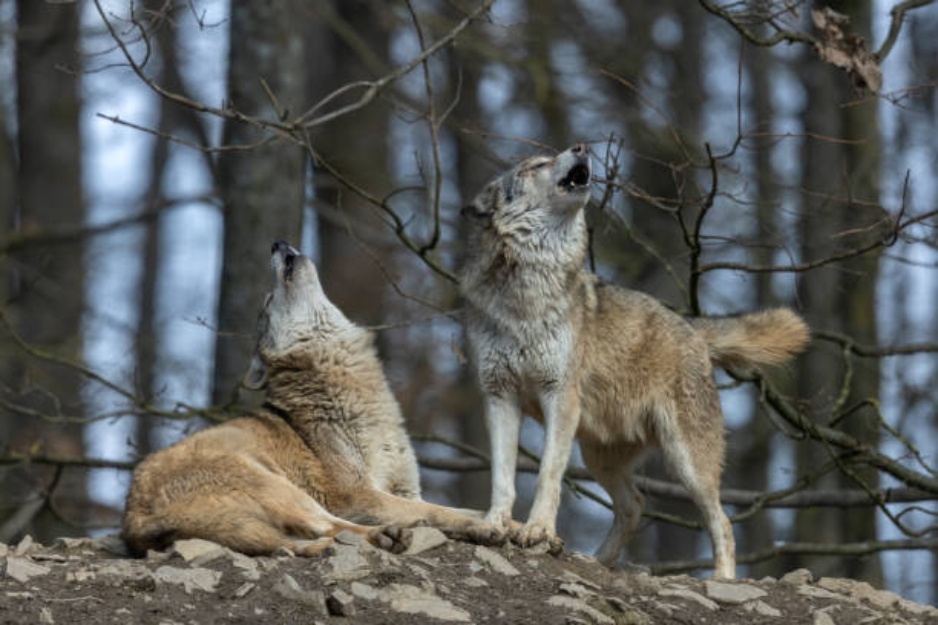
Despite their wary behavior, wolves have not completely written off men. Male conservationists, such as Doug Smith, a leading wolf researcher in Yellowstone, have played crucial roles in wolf preservation efforts.
“We have to remember that wolves don’t act out of malice or favoritism,” Smith explained. “They act based on survival instincts. It’s up to us—men and women alike—to earn their trust.”
A Future of Coexistence
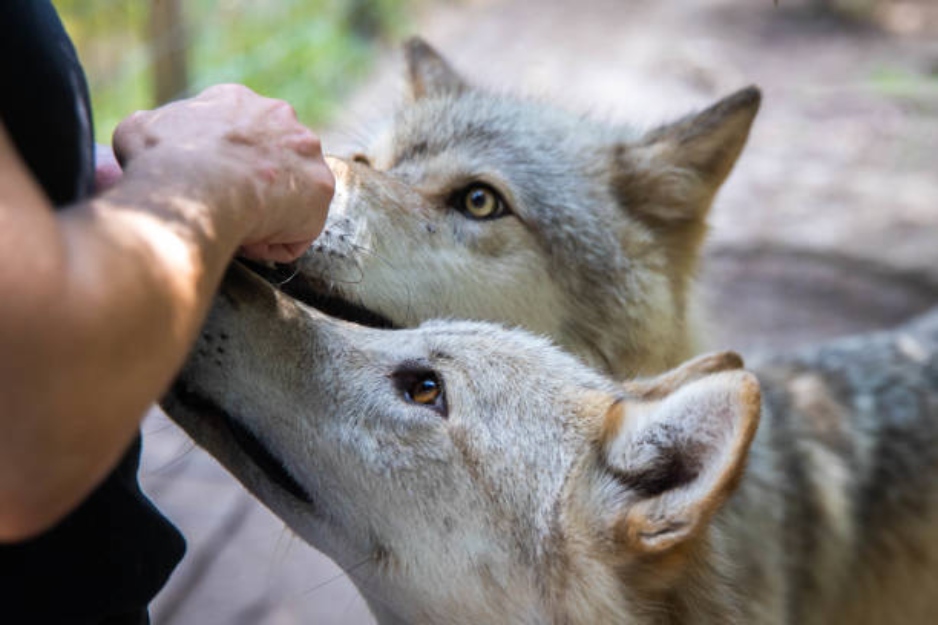
Understanding why wolves behave differently toward men and women could pave the way for more effective conservation efforts. By recognizing the biases wolves may have developed, researchers can adapt their methods to foster mutual respect and coexistence.
The differences in how wolves interact with humans also remind us of the complexity of these incredible animals. With continued research, we may one day bridge the gap between humans and wolves, building a future where both species thrive.
Wolves All The Way
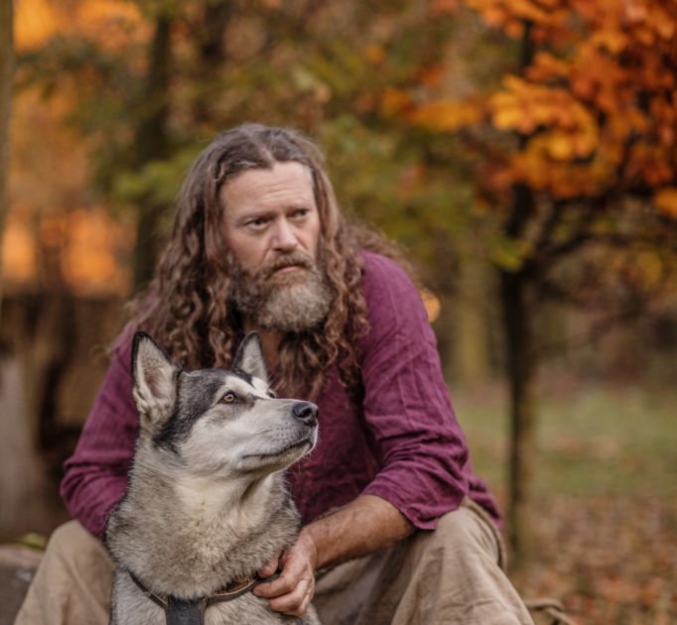
Wolves’ apparent preference for women over men is a testament to their acute perception of human behavior. Rooted in centuries of survival instincts and shaped by hormonal and behavioral cues, this phenomenon underscores the depth of their intelligence. As we strive to better understand these majestic creatures, their reactions to us can reveal as much about our own nature as theirs.
Stay connected with us for more stories like this! Follow us to get the latest updates or hit the Follow button at the top of this article, and let us know what you think by leaving your feedback below. We’d love to hear from you!







